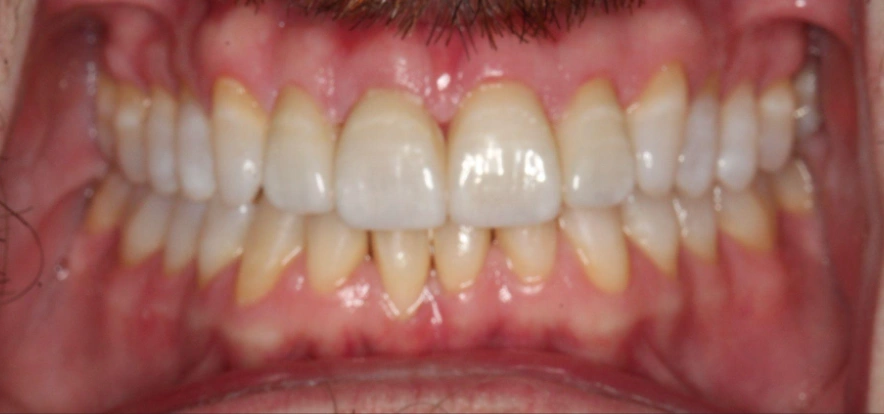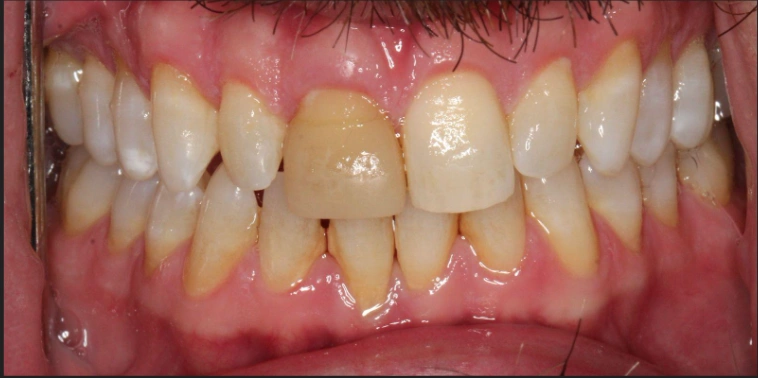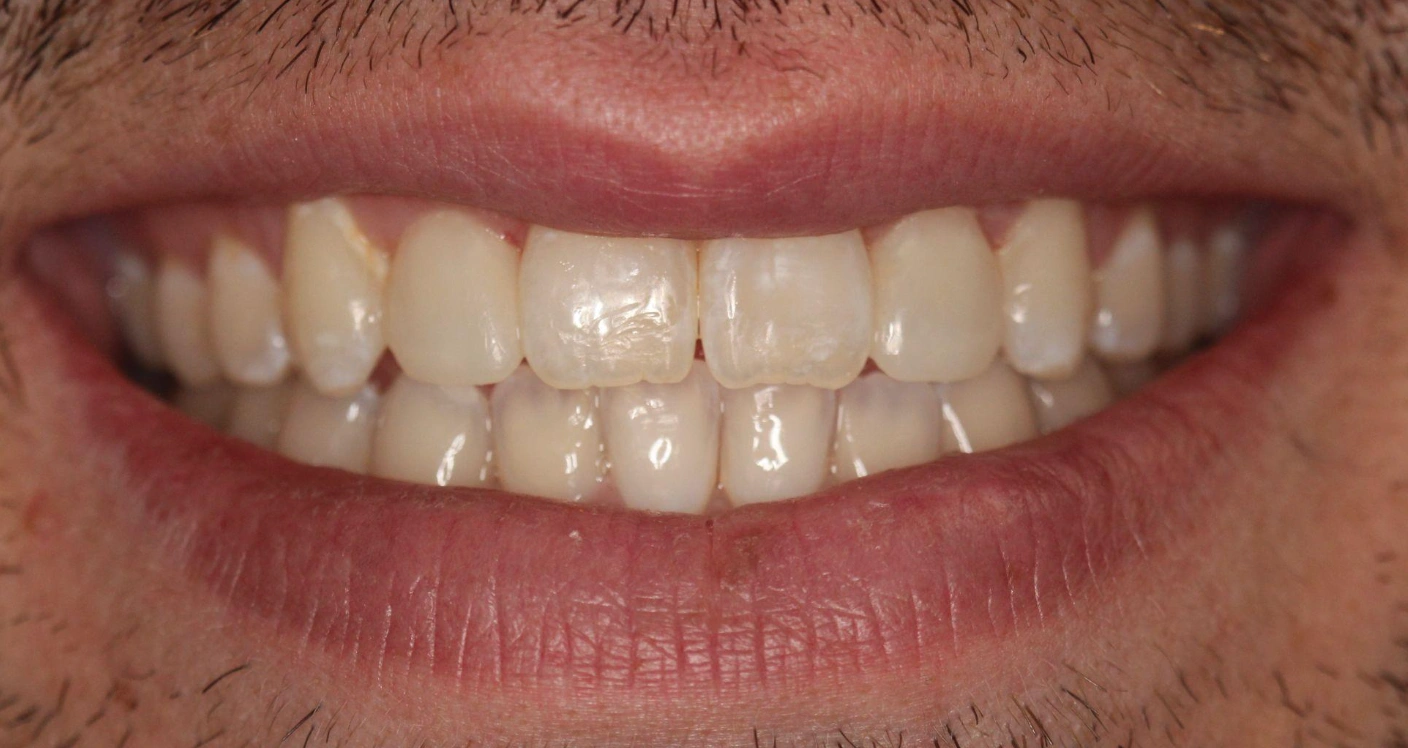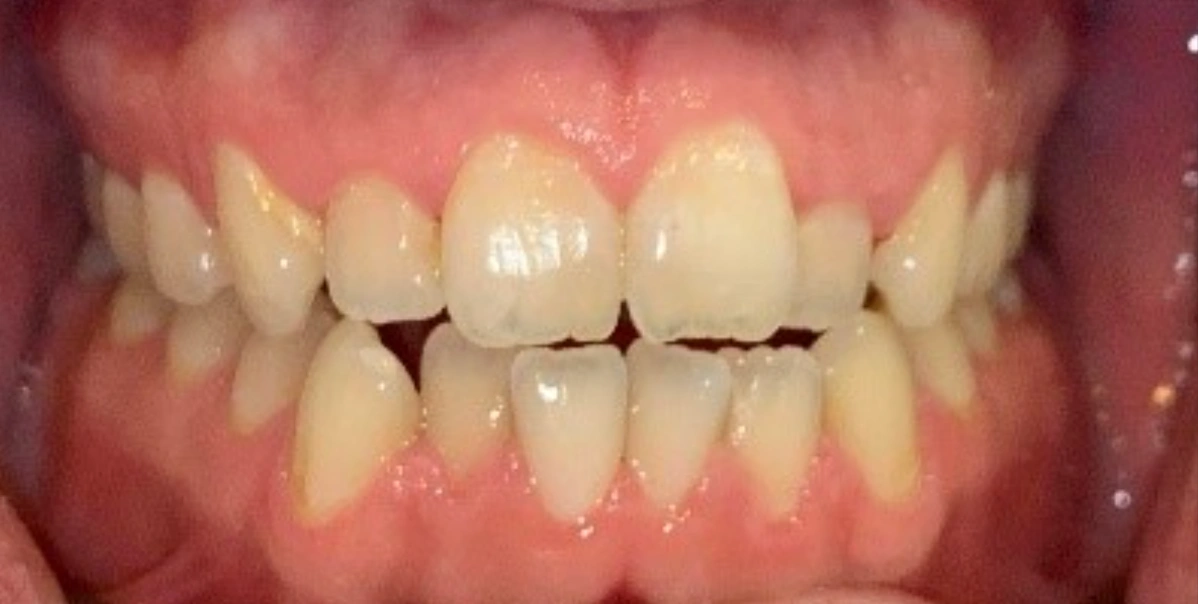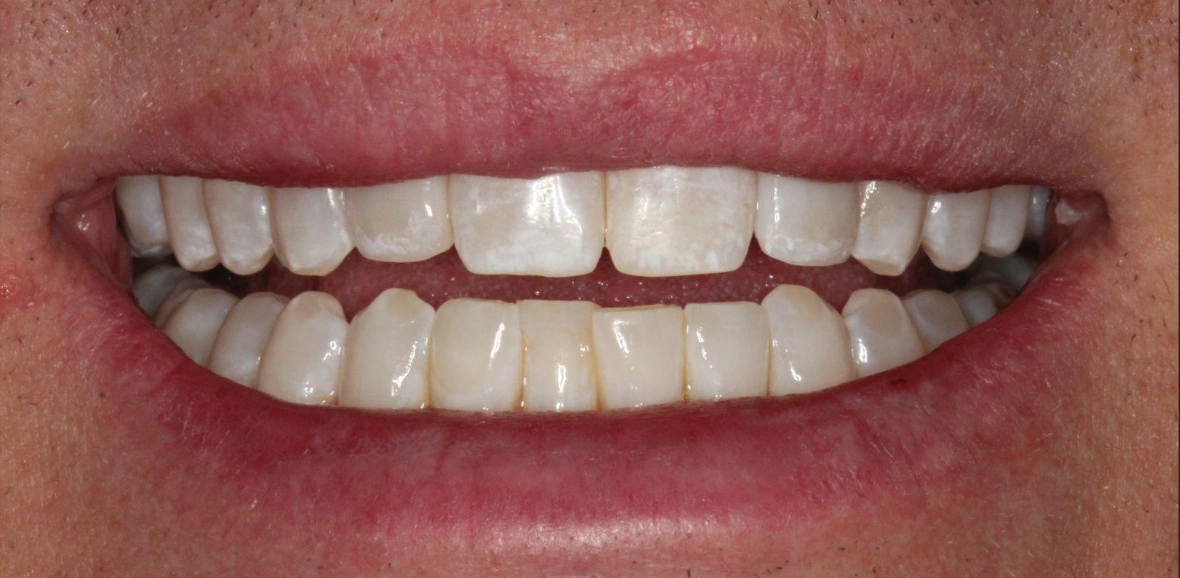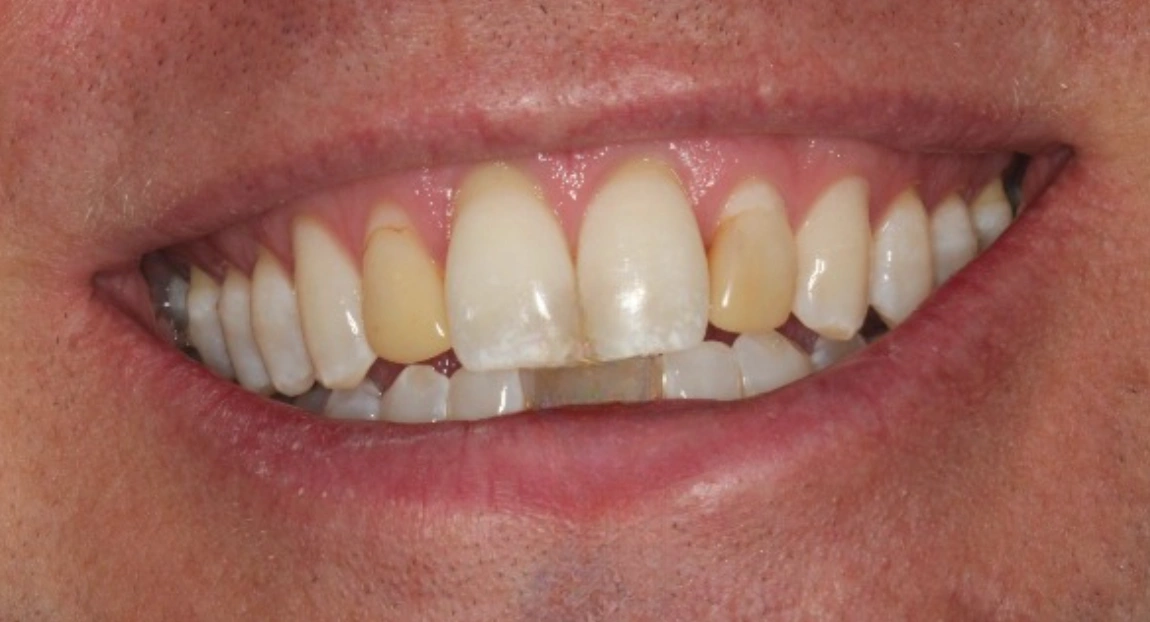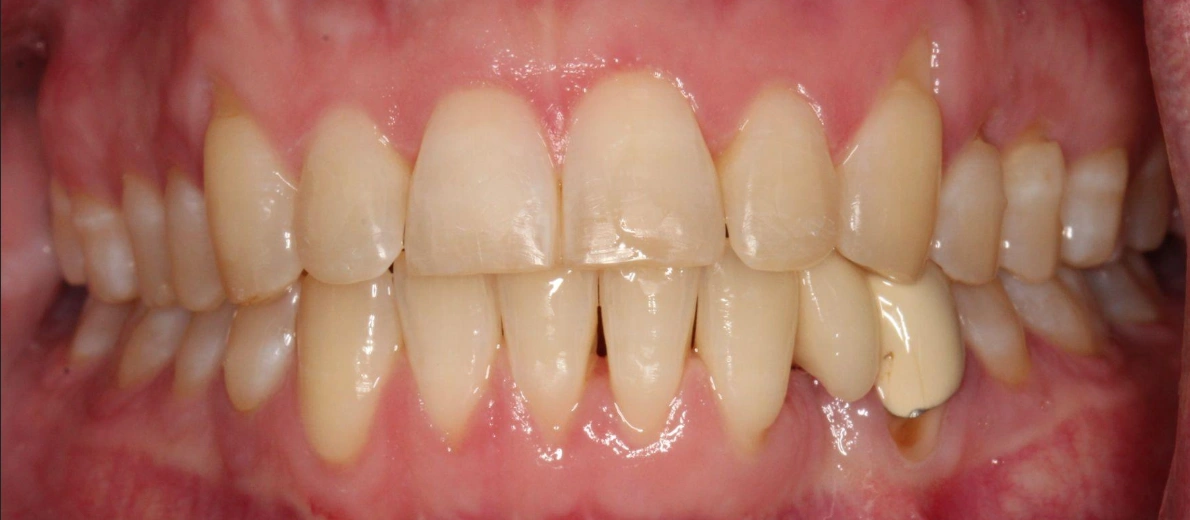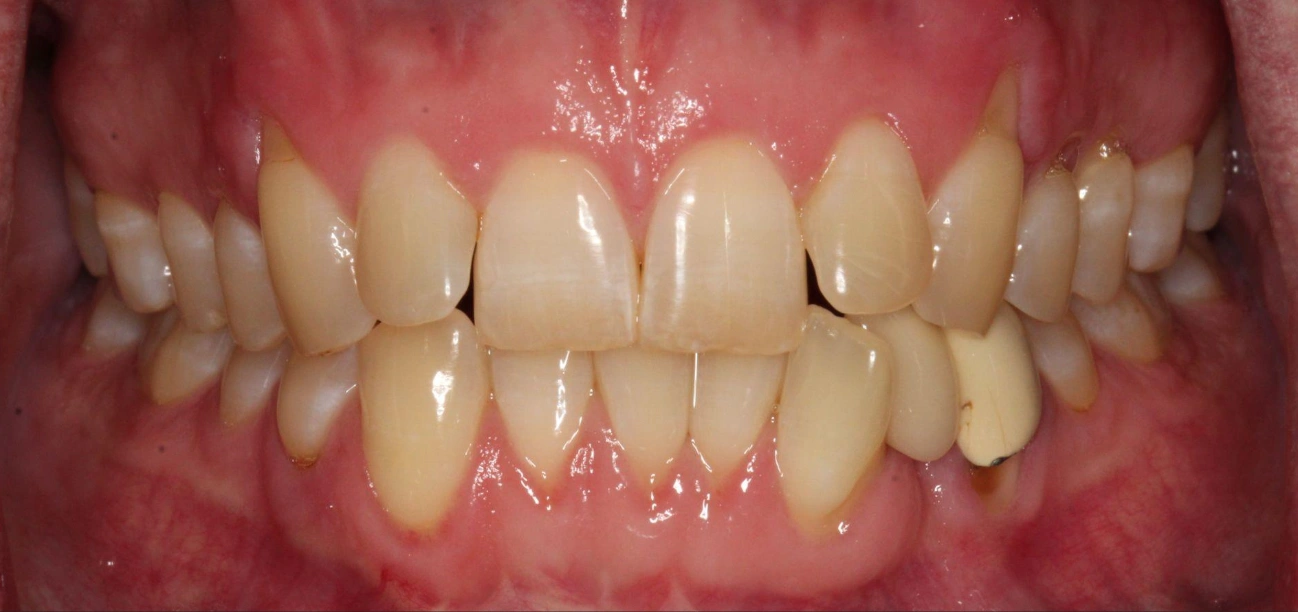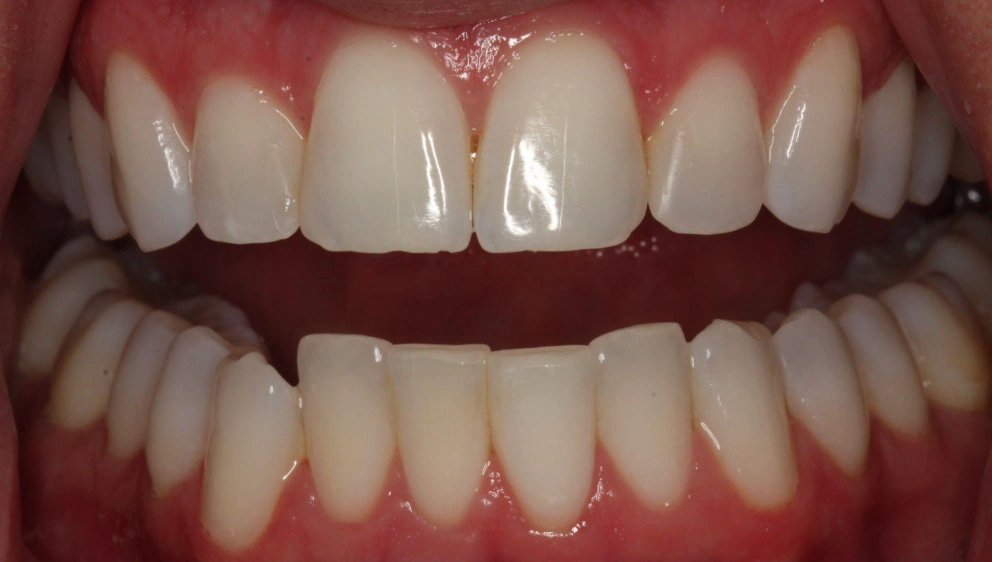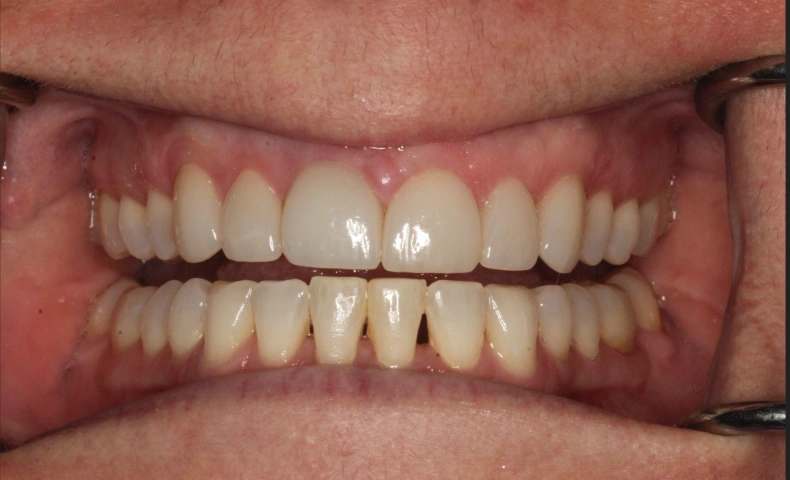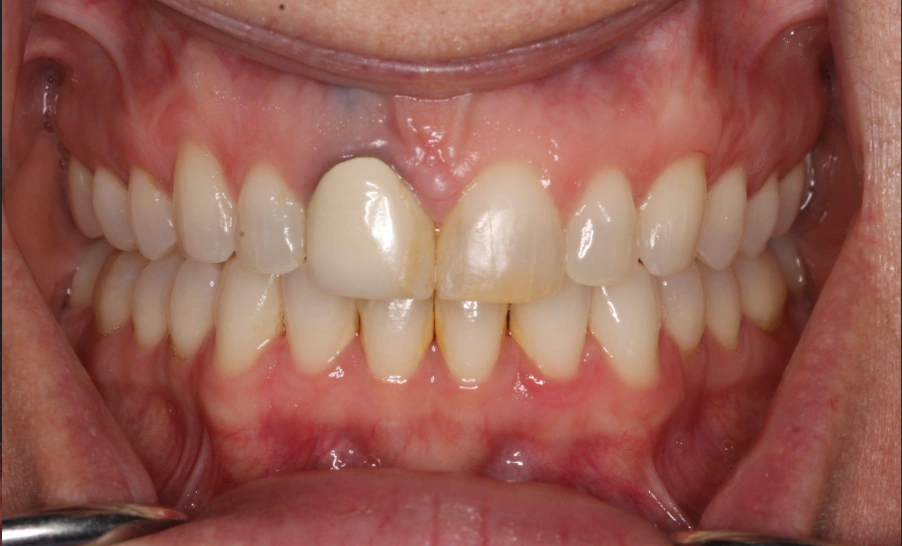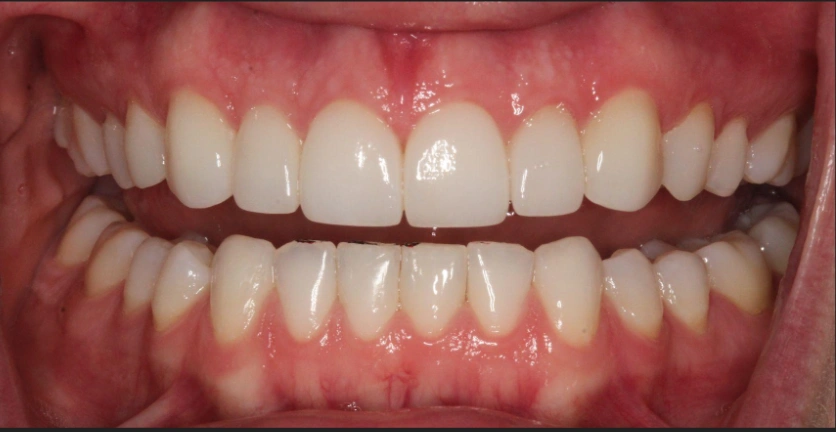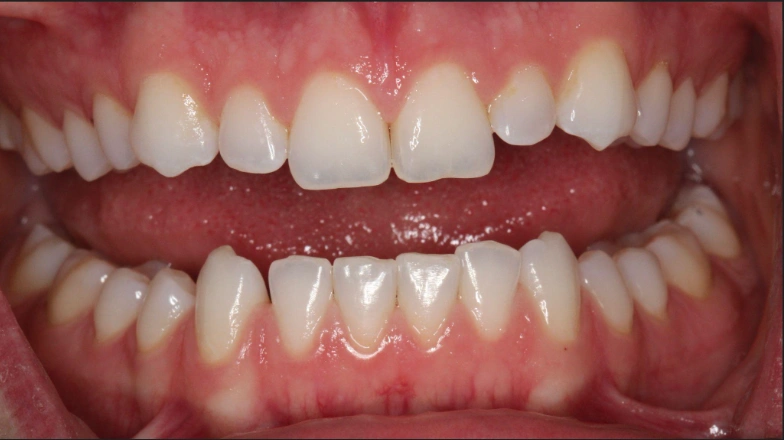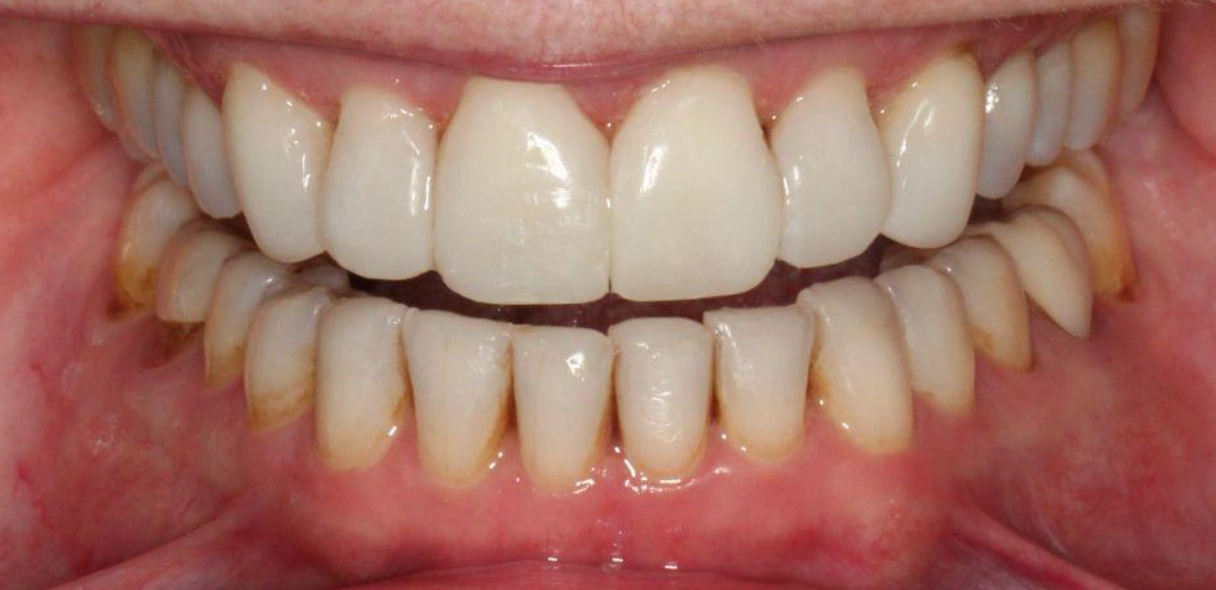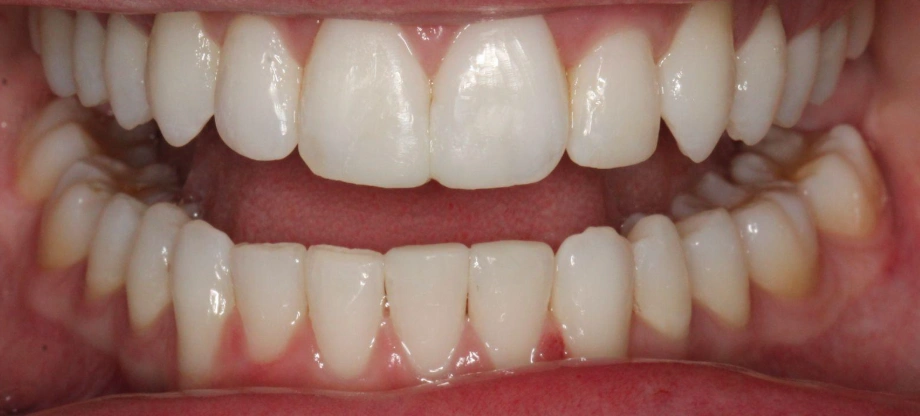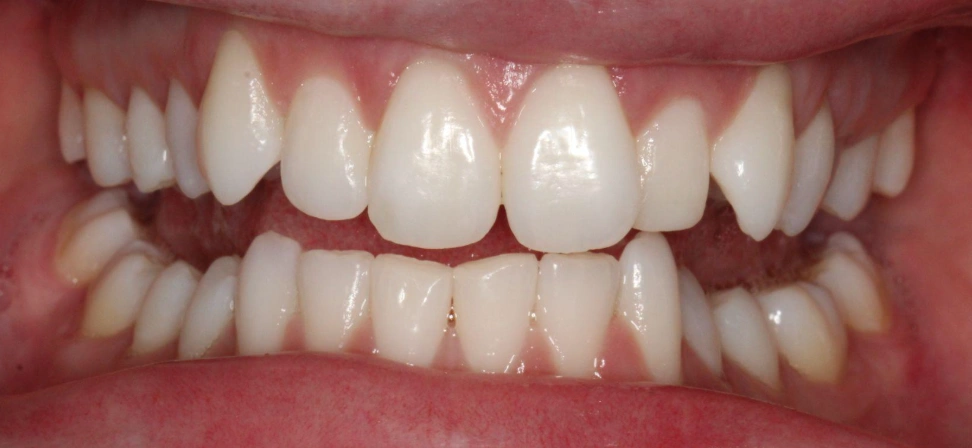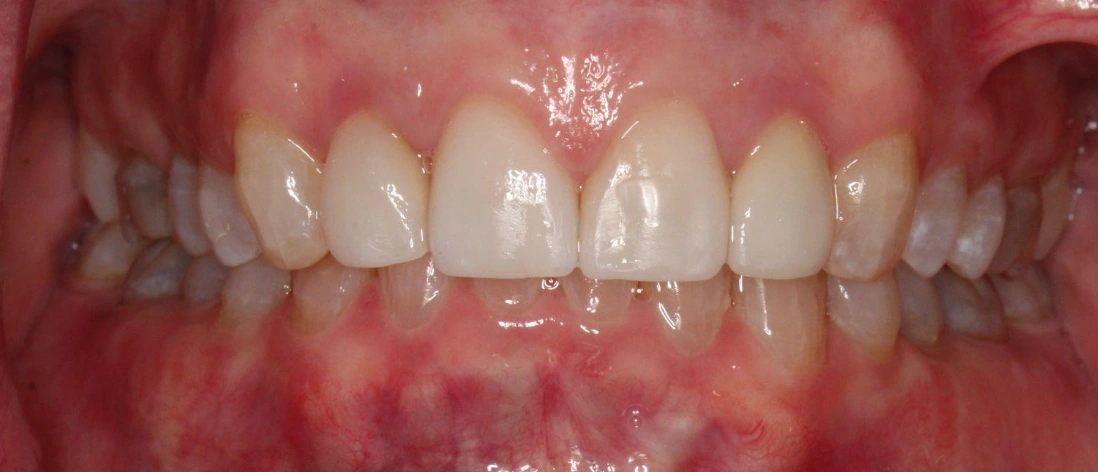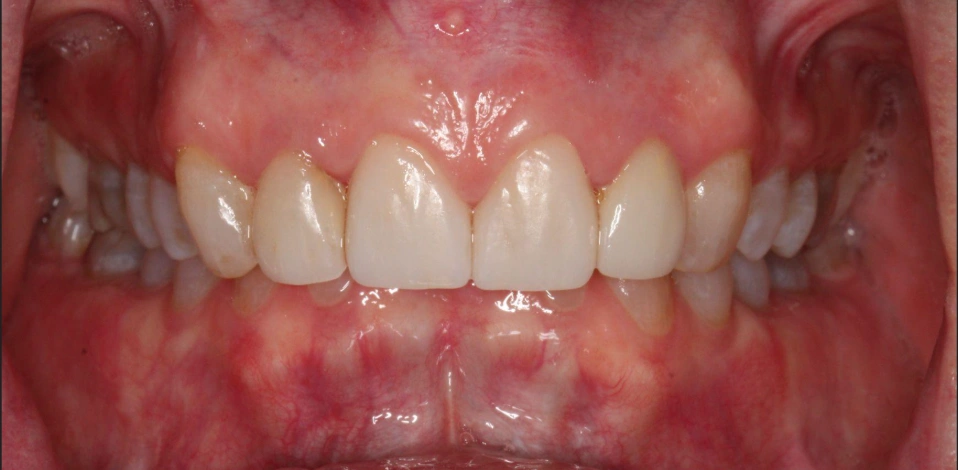Dental Implantsin Lakewood, CO
Permanently replace missing teeth and see your confidence and overall health shine. At Northstar Dental, we offer dental implants as a long-lasting, natural-looking solution to restore the function and aesthetics of your smile.
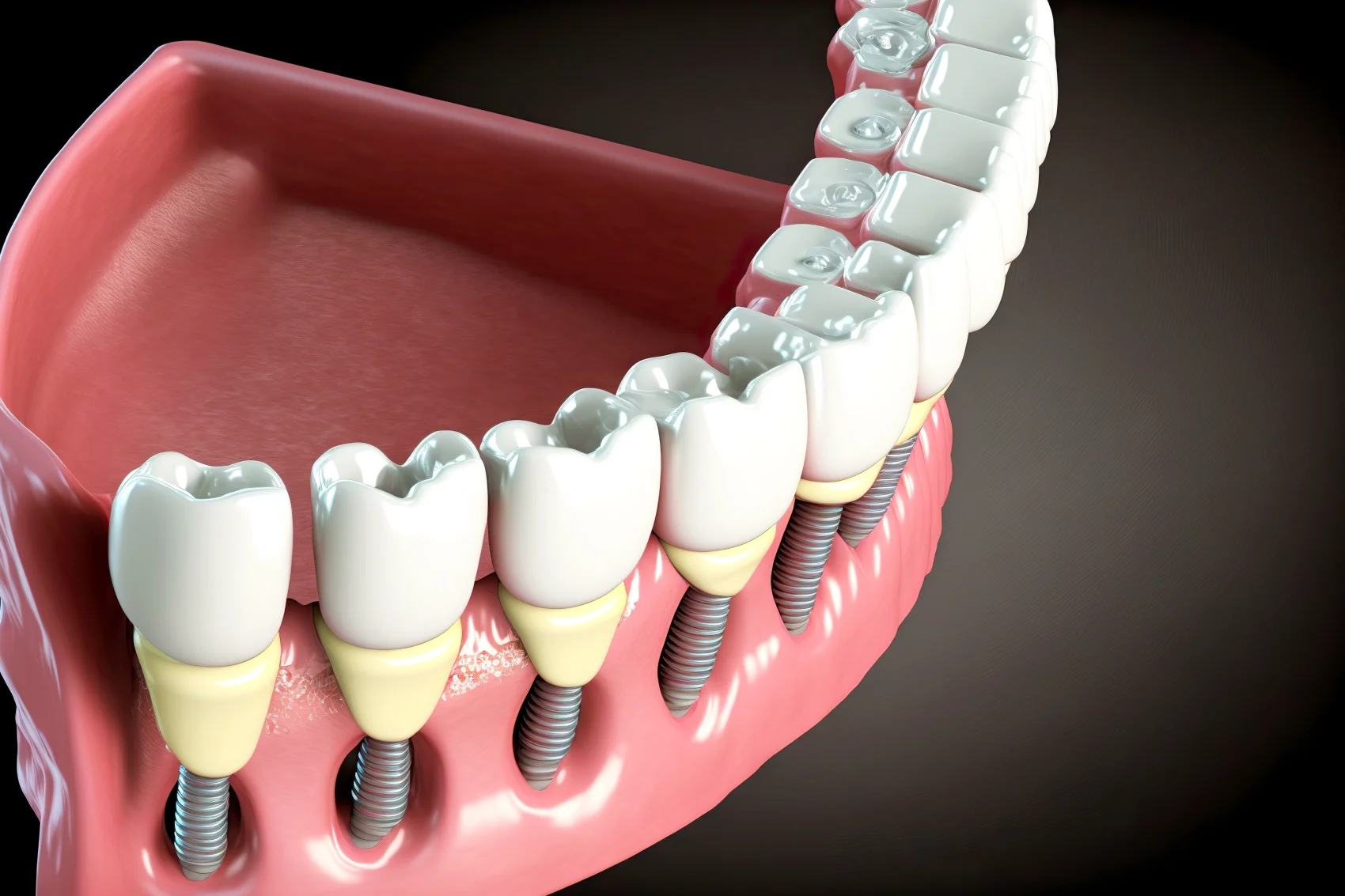
Reclaim your confidence with the gold standard in tooth replacement
Dental implants do more than just fill a gap. Placed directly into your jawbone, implants function like natural tooth roots, creating a secure, long-lasting foundation for crowns, bridges, or dentures.Whether you’ve lost a tooth due to injury, decay, or gum disease, implants restore not only your smile but also your bite and confidence.
At Northstar Dental, we use advanced 3D imaging and guided surgery to ensure each implant is placed with precision—built to last and made to feel like your own.
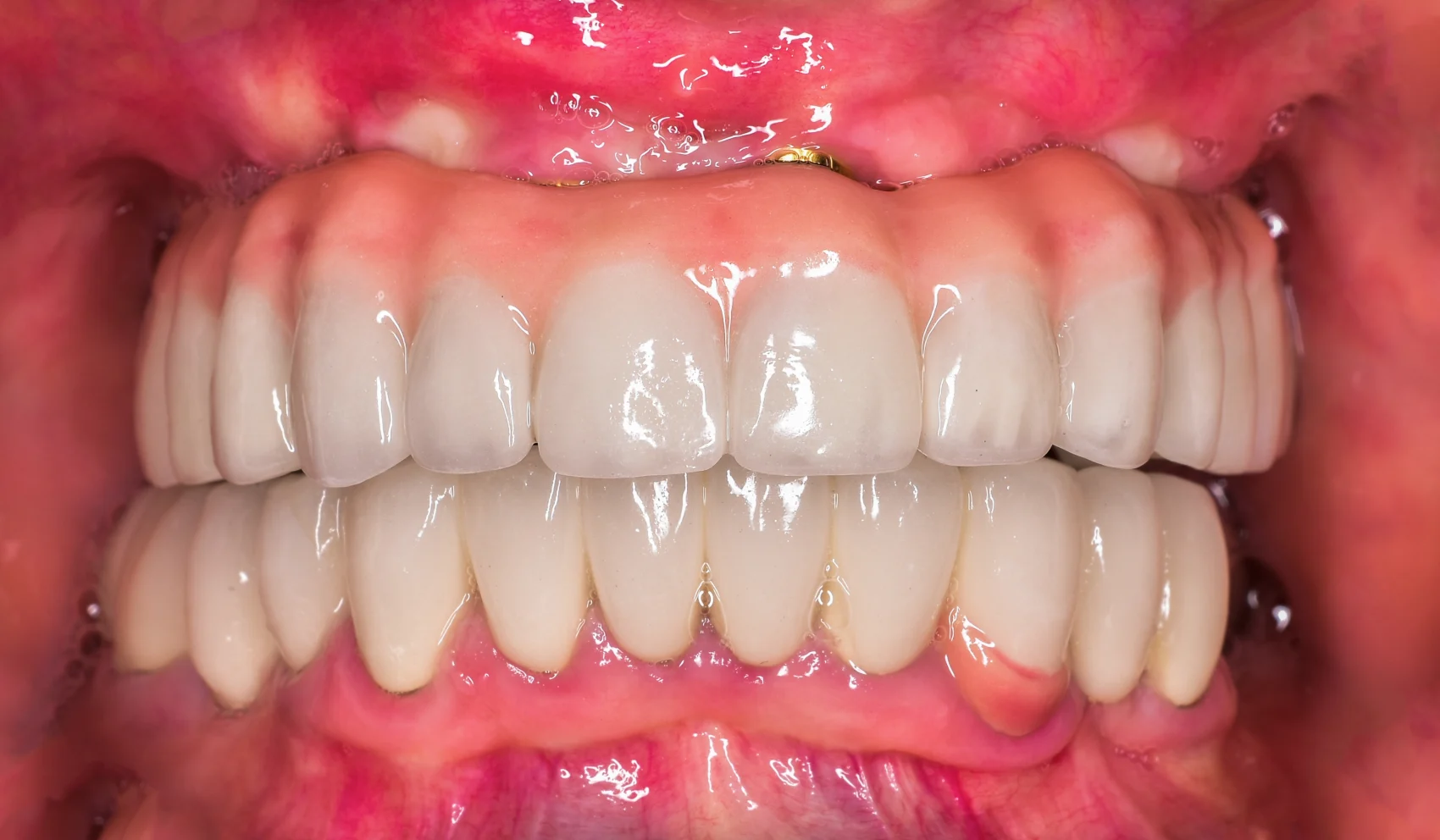
Patients consider dental implants a life-changing solution
Here are a few reasons why:
Designed to look and feel completely natural
Ready to speak, eat, and smile with total confidence?We custom-craft your restorations to replicate the appearance and function of your natural teeth.
Maintain your natural jawbone and appearance
Dental implants are inserted into your jawbone, maintaining your natural bone and facial structure.
Eat your favorite food again
Forget about the slippage of dentures. With dental implants, you can eat anything you want.
.webp)
Anxious about Dental Treatment?
Our trusted local team has you covered with a wide variety of sedation options to suit your every need. Schedule a free consultation and discover which option is best for you.
The Dental Implant Process
From consultation to final restoration, we make the dental implant process straightforward and stress-free.

Step 1
Personalized Consultation
We’ll start with a comprehensive exam and 3D imaging to assess your bone health, discuss your goals, and determine if implants are the right fit for you.
Step 2
Implant Placement
Using CBCT-guided technology, your implant is precisely placed into the jawbone. For patients with anxiety, we may offer IV sedation depending on your unique needs.
Step 3
Healing & Integration
Over the next few months, your implant fuses with the bone through a process called osseointegration—creating a stable foundation for your new tooth.
Step 4
Final Restoration
Once healed, we’ll attach a custom crown, bridge, or denture restoring the function and aesthetics of your smile.
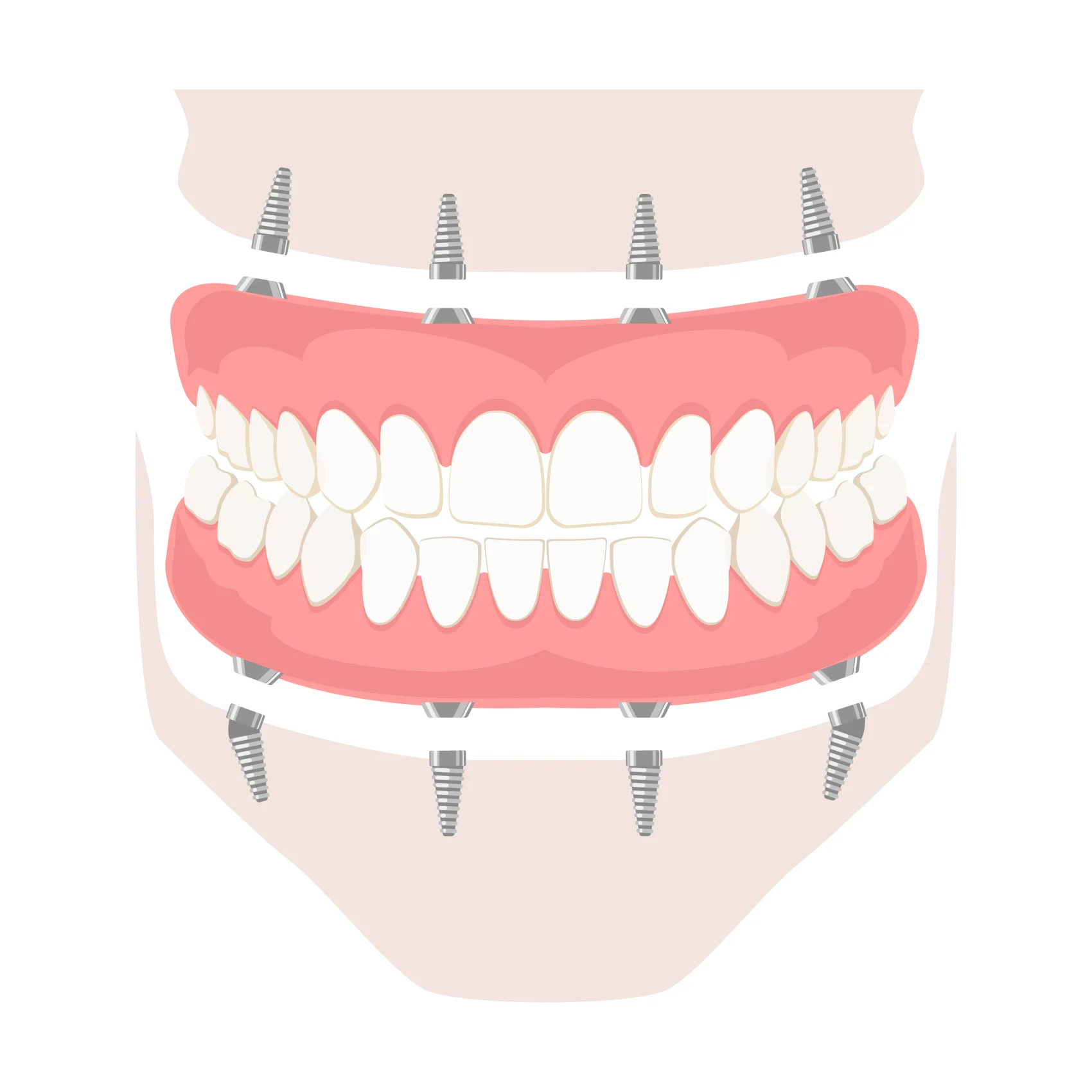
Your Smile is our Northstar
At Northstar Dental, we’ve built a practice around what matters most—people. You’ll find a private-practice feel with modern amenities, a multi-doctor team, and a legacy of trust spanning generations.
For patients missing all teeth, All-on-X uses 4–6 implants to support a full arch of fixed teeth—often with same-day results.
Need extra stability? Our implant-retained dentures provide better fit, comfort, and function than traditional removable options.
We offer sedation in-office for a worry-free experience, even if you’ve experienced dental anxiety in the past.
Smiles are Brighter at Northstar Dental
Frequently Asked
Questions
Questions
Have questions? Here are some of the most common questions we hear from patients!
With proper care, dental implants can last 20 years or more. They're one of the most durable and long-term tooth replacement options available.
Most patients are surprised at how comfortable the procedure is—especially with IV sedation available. We also provide detailed aftercare to support smooth healing.
Possibly! We offer bone grafting and advanced surgical techniques to help many patients with bone loss still become successful implant candidates.
All-on-X uses fewer implants to support a full set of teeth, often allowing for faster results and lower costs. It’s ideal for patients missing all upper or lower teeth.
Yes! Many patients transition from traditional dentures or bridges to implants for greater comfort, stability, and confidence.
Your confident smile
Is our guide


